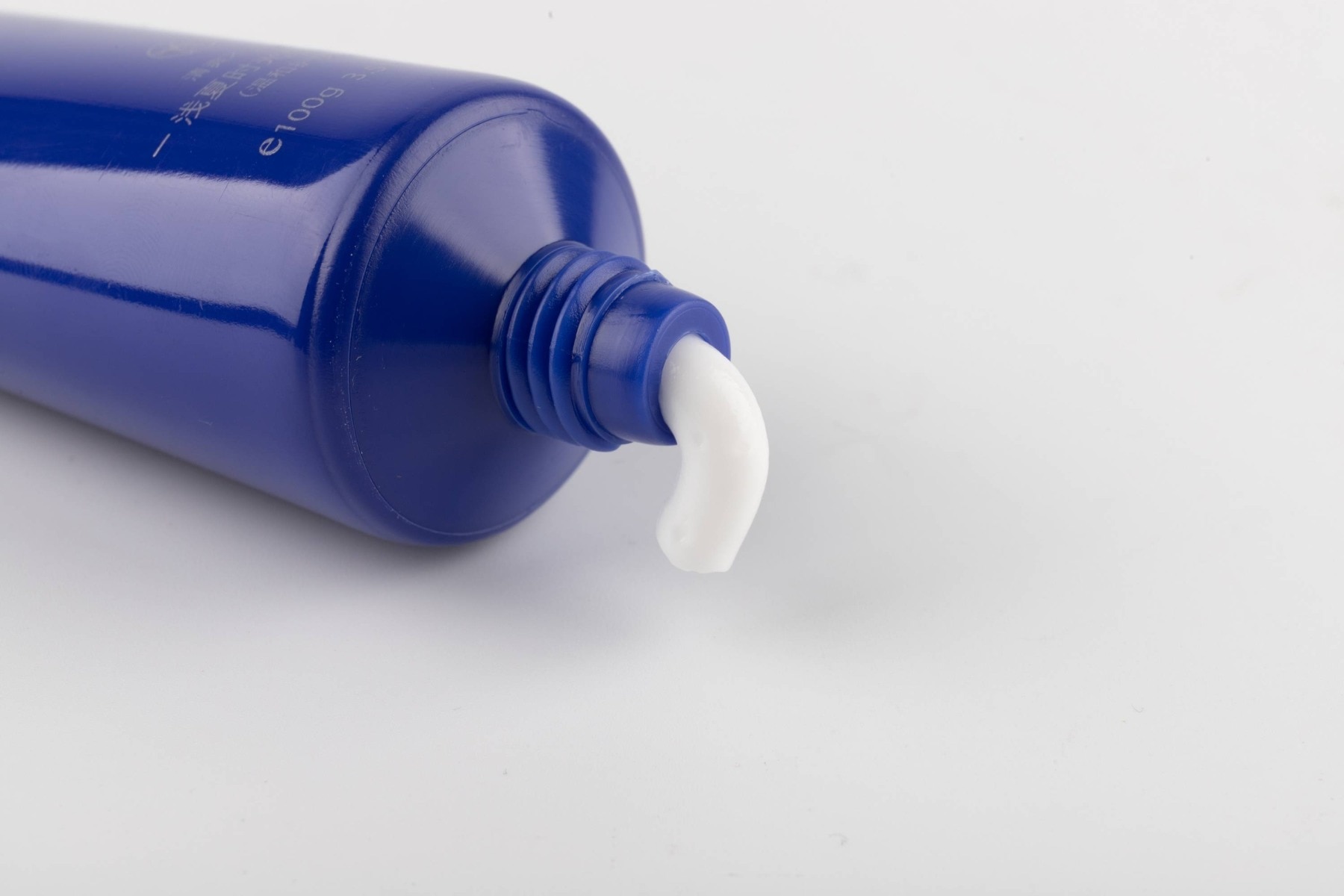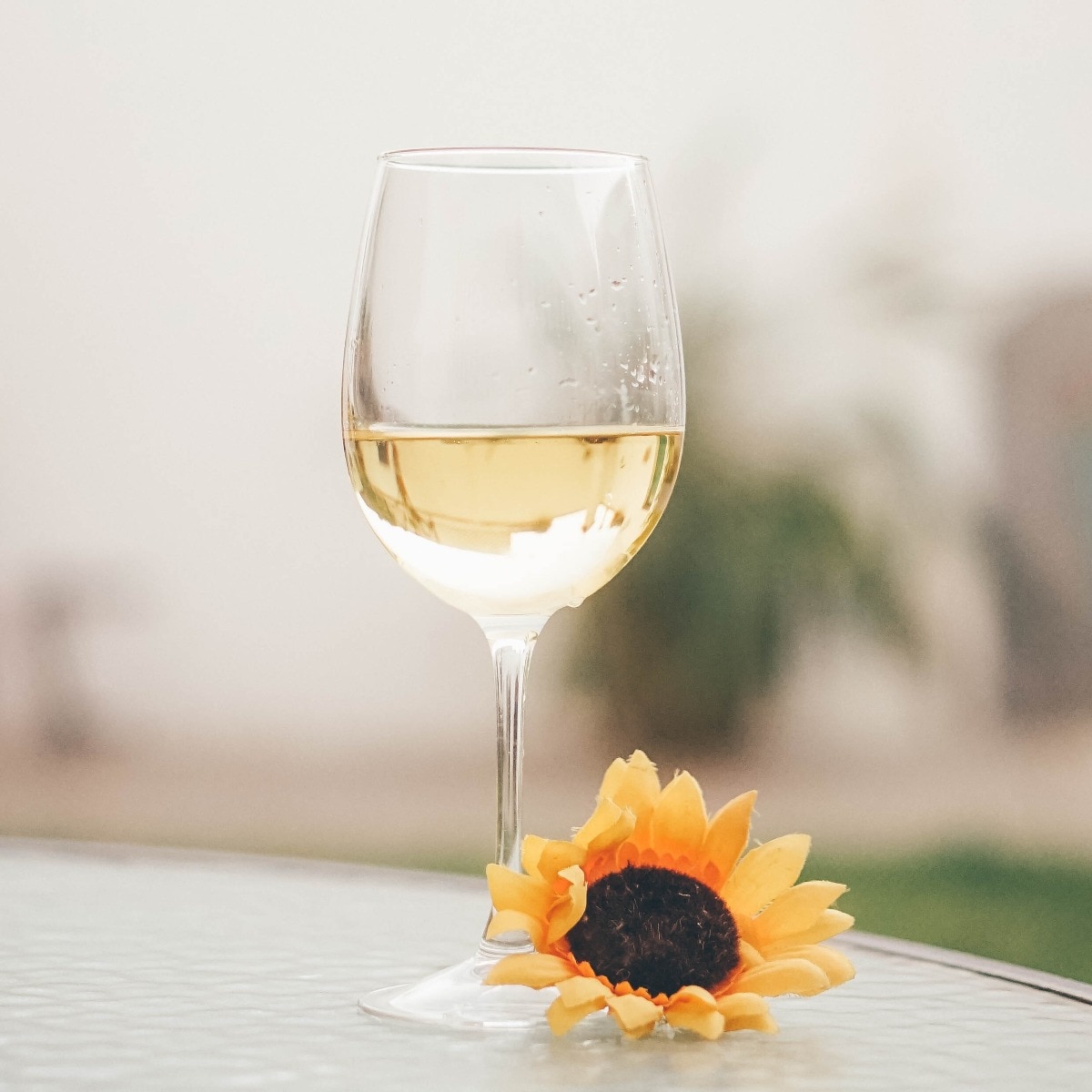It can be hard to keep track of what is and isn’t vegan, especially as ingredient lists are hard to understand and often don’t even include everything that is in the product. And it is simply overwhelming to find replacements for all of these items in our homes.
Yet, there is a definite increase in people seeking awareness about their consumption. Whether you are vegan, vegetarian, eco-conscious, or simply don’t like the idea of consuming and even bathing in animal fat, awareness is desirable!
Here is a simple list of 15 tricky household items which are, surprisingly, not vegan.
#1 Shampoo and Conditioner
Many shampoos and conditioners are not vegan and contain lecithin, which is made from animal fats including gelatine, which is never vegan, and glycerine, which is sometimes vegan.
Equally, other bathtime products like bubble bath are also not vegan as they contain glycerine.
However, many companies are now producing vegan - and cruelty-free - bath goods!
#2 Toothpaste

Many toothpastes also contain glycerine (animal fat) which prevents them from drying out and can help to reduce bacterial activity. But plant-based glycerine is an alternative.
#3 Fabric Softener
Many fabric softeners and other laundry products contain tallow (animal fat). The image of animal fat lining the clothes which you put on your body is certainly not a pleasant thought - but vegan fabric softeners are available for a guilt-free clothes wash.
#4 Medication
Some medications contain gelatine, which is usually made from cow or pig fat. There is also concern about animal testing when it comes to healthcare products.
#5 Fruit Juice
There is a surprising number of dodgy ingredients hidden in your healthy juice.
Vitamin D3, sometimes added to fruit juice, is derived from lanolin, which comes from sheep’s wool. This can also be found in some cereals, so your go-to simple breakfast might not be as simple as you would like it!
The omega-3 fatty acids commonly added to juices come from fish extracts, such as sardines.
The red and orange dyes sometimes used in juice, as well as other foodstuffs, are made from carmine, (mashed up insect shells). As the ingredients of artificial colouring are not always listed, simply steer clear of foods and drinks with “colour added” and artificial colouring.
Definitely avoid juices which are not 100% juice and are described as “fortified”.
#6 Beer and Wine

Many of the animal products used in some juices are also used in alcohol.
Like some apple juices, beer and wine are often filtered and clarified using isinglass (gelatine taken from fish bladders). However, vegetarian clarifiers do exist and are made from clay or algae.
To make matters worse, red wines also often have carmine in, just like artificially coloured juices.
These ingredients do not have to be listed, which makes avoiding them difficult. However, vegan alcohol is increasingly available.
#7 Plastic Bags
We already know that plastic bags are bad for the planet as even “biodegradable” bags take many years to break down as the required light and air do not exist in landfills.
However, did you know plastic bags also contain animal products? The slipping agent used to reduce friction and static comes from animal fat, such as chicken fat.
Just another reason to remember to take your own bags to the shops!
#8 Razors
Many shaving razors have a moisture strip to make shaving more comfortable and soothe the skin. However these strips often use glycerine (animal fat).
#9 Lipstick and nail polish
Make-up products often hide animal products under complicated names in their ingredient lists.
The shellac in nail polish comes from insects. (Shellac is also found in hard-coated sweets and in baking sprinkles.)
Carmine (as found in red food dyes) is also used in products like lipstick.
Guanine, which is used to make mascara, eye-shadow and sparkly nail polish, is made from fish scales.
And collagen, which is used in many anti-ageing products, is a protein derived from animal tissue, bone, skin, or ligaments – often from cows.
#10 LCD screens
A surprising one - your digital screens are almost certainly not vegan.
TVs, computers, phones and tablets use animal cholesterol in their screens and gelatine is used in battery production.
#11 Photographs
Printing processes can utilise gelatine to coat and protect the images.
#12 Playing cards
Also coated in animal products are playing cards. Stearic acid (or tallow, i.e. animal fat) is used to make the cards smoother and more hard-wearing, as well as reducing static for card shuffling.
#13 Building materials
Even your house itself is probably not vegan. And as building ingredients do not have to be listed, it can be complicated to find out.
Bricks and cement usually have animal blood and fat added to them to make them last longer.
Though innovation is occurring in the building industry, such as utilising natural products to develop new construction materials, these eco-friendly developments are not currently accessible for most people.
#14 Sugar
White sugar is often processed with bone char to make it white and even some brown sugars are processed this way. Opt instead for sugar labelled with at least one of the following: unrefined, natural, raw, vegan or organic.
#15 Sweet treats
Gummy sweets, chewing gum and marshmallows often contain gelatine, which comes from boiling bones, cartilage, skin and other body parts of slaughtered animals. Therefore, many gummy sweets aren’t even vegetarian, never mind vegan.
Salted peanuts are sometimes coated in gelatine to help the salt and spices stick to the peanut. To avoid this, opt for peanuts still in their shells.
Even fruits, such as apples, oranges and lemons, might not be vegan as some are coated with wax made from shellac or with beeswax to make them look shiny. Try to buy organic or simply wash your fruit with hot water to remove the wax.